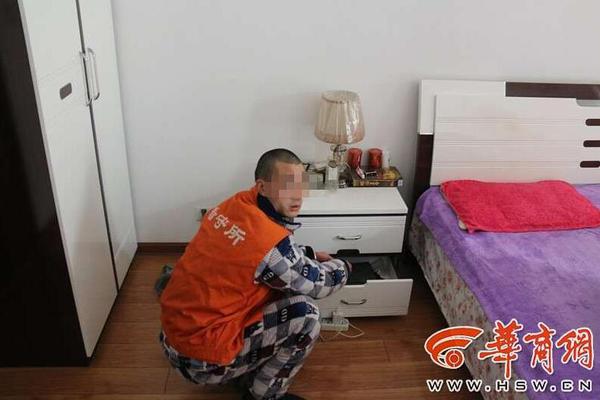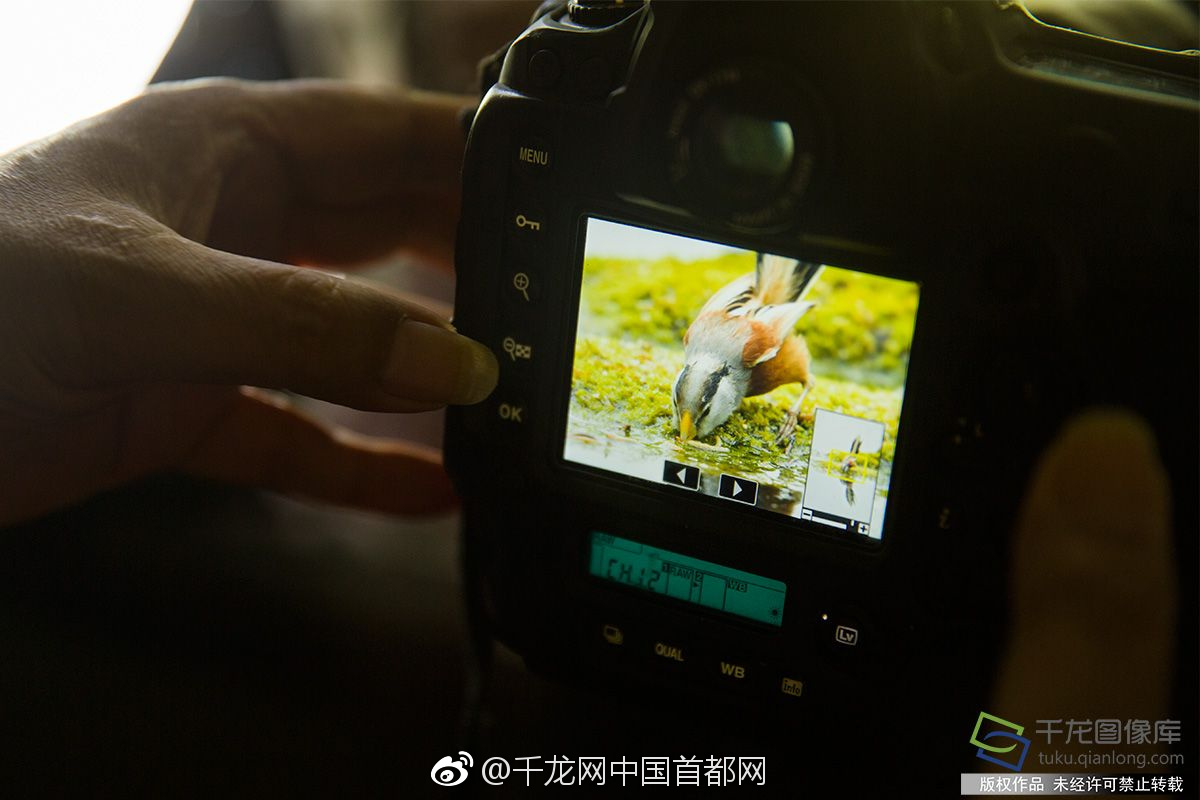【ukrayn sex video】Miki Dezaki’s Documentary on ‘Comfort Women’ Debate Now Streaming

Filmmaker Miki Dezaki,ukrayn sex video a second-generation Japanese American who learned about “comfort women” from his Japanese immigrant parents, has questioned why accounts in the Western media have often sided with the nationalists.
His latest documentary, “Shusenjo: Comfort Women and Japan’s War on History,” is a deep dive into this impassioned subject, bringing to light the hidden intentions of the supporters and detractors of Korean women who were used as sexual objects for Japanese soldiers during World War II.

The film is now streaming on Apple TV and Amazon Video, and is available on DVD from First Run Features.
The comfort women issue is perhaps Japan’s most contentious present-day diplomatic quandary. Inside Japan, the issue is dividing the country across clear ideological lines. Supporters and detractors of “comfort women” are caught in a relentless battle over empirical evidence, the validity of oral testimony, the number of victims, the meaning of sexual slavery, and the definition of coercive recruitment.
Many believe the Japanese Imperial Army enslaved an estimated tens of thousands of women in military brothels, while nationalist Japanese conservatives contend the women were willing prostitutes, not sex slaves, and that the estimated number is far smaller than is claimed.
In his film, Dezaki interviews historians, advocates and lawyers who discuss historical documents related to the Japanese military’s direct role in managing the brothels, and harrowing testimonies by former comfort women.
Reaction to the film has been as divided as the issue itself. Kent Gilbert, an American lawyer and TV celebrity in Japan for more than 30 years, said his comments in the film were taken out of context, calling the work “a propaganda hit piece.”
Dezaki was sued for defamation in 2019 by five interview subjects after the release of the documentary in Japan.








Comments
Leave a Comment